"Worldview": Does Mars really revolve around the sun? A book that challenges your perception of "truth"!
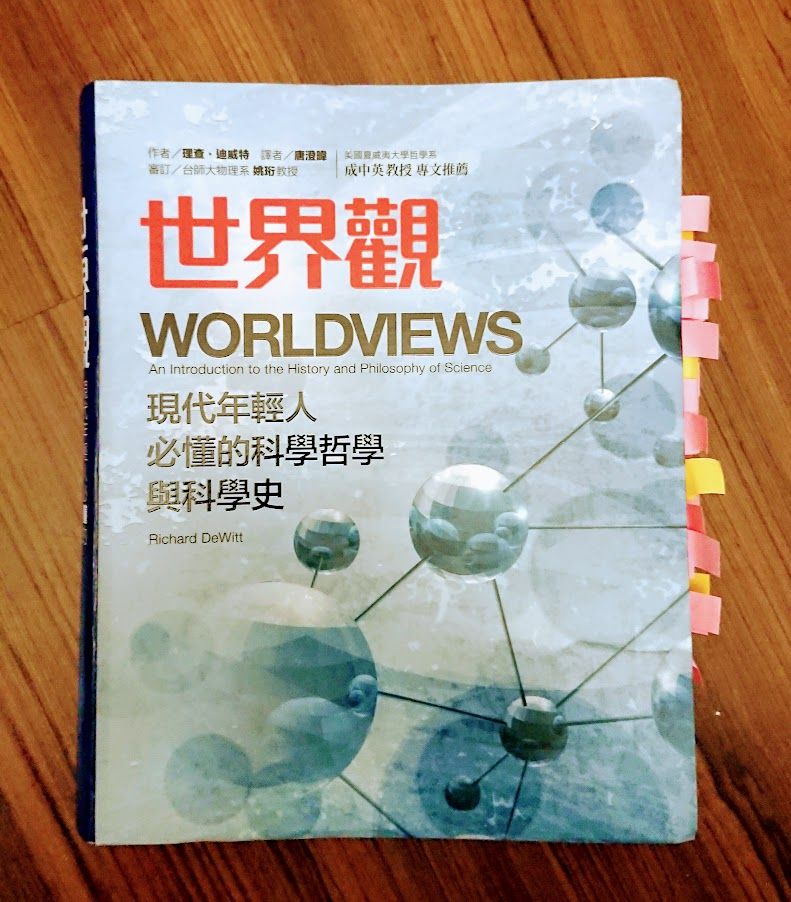
The "Worldview" I'm going to introduce today is the third book I plan to reread in 2021 (see "My Year-End Rituals " for details). It is a work that I like very much and has influenced me a lot. Or rather, it changed my perspective on reality.
This book is divided into three parts. The first part discusses the basic scientific methods and establishes the basis for exploring the worldview; the second part describes the transformation process of the worldview from Aristotle to Newton; the third part discusses the development of the modern scientific worldview, and analyzes the theory of relativity, quantum theory and evolution theory. , how to once again change the way we see the world.
Due to space and own ability, this experience will not explain such content as the geocentric heliocentric system, special general relativity, quantum theory, etc. The explanation in the book is clear and easy to understand. In the following, I would like to start from the perspective of "knowledge" and talk about "what is true" is a much more difficult question than imagined; then I will discuss how to face the methodology of knowledge; finally, I will talk about the influence of this book on me.
Are you ready? So let's get started!
【Is your perception true? 】
What is real is a more difficult question than imagined. Let us start with the comparison of Aristotle's and Newton's world views.
[Aristotle VS Newton]

If I ask you who is right in the above statement, I believe you will say Newton. But is it really so?
Don't get me wrong, I'm not trying to say that everything you believe is false and wrong. I just want you to think carefully about whether you have such a worldview really based on your own observation, or is it just in line with the teaching of the textbook teacher?
Please read on with this question in mind.
[Worldview]
Most of us have grown up accepting the Newtonian worldview, and the above concepts can be taken for granted. In ancient times, however, so did those who believed in the Aristotelian worldview. Such cognitive views shared by many people are called "worldviews." It is like a jigsaw puzzle, using belief and evidence to form a complete big concept.
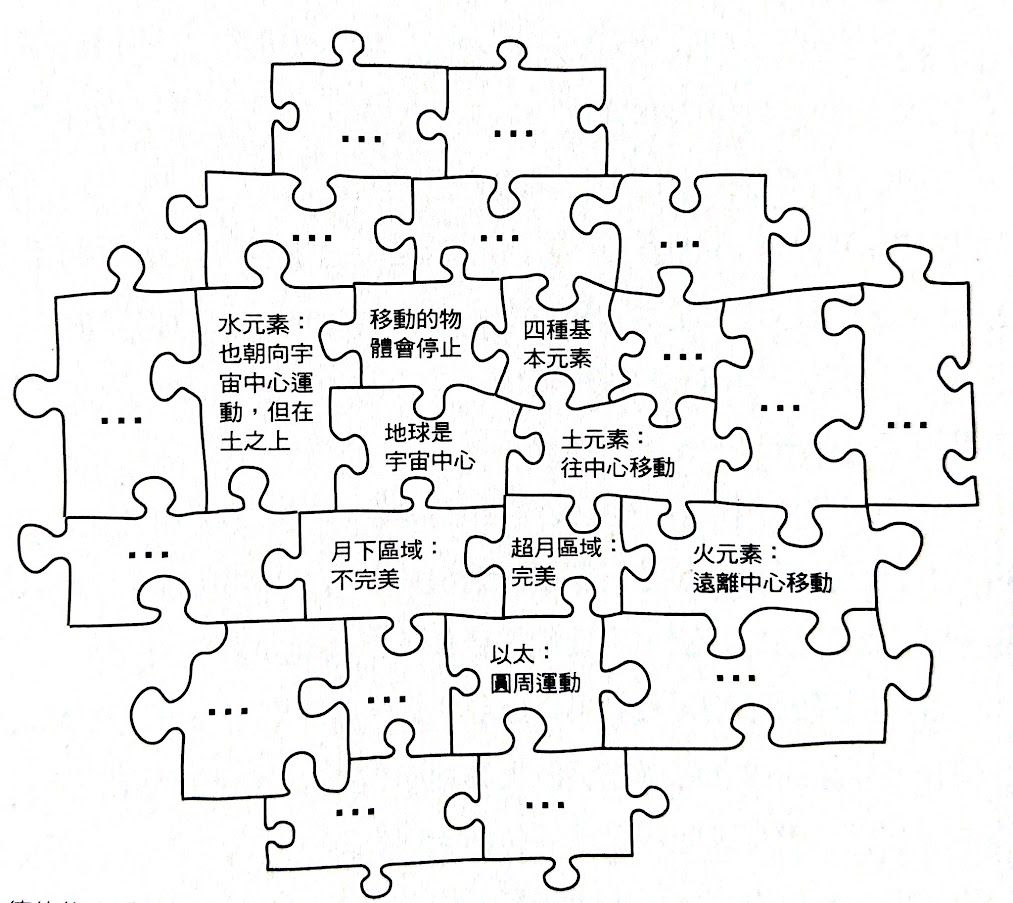
The author emphasizes that the Aristotelian worldview, although proven wrong, is by no means nonsense or naive, and there were good reasons to believe these ideas at the time. Next, I'll show you that it's not easy to judge what's real, so you can understand why people at the time thought that.

【What is truth? It's more difficult than you think
[Perceived authenticity? ]
What if I ask why do you think your phone is real? You might say you "see" it, so it's there; or your hand feels the smooth "touch" of the screen, so it's real.
At first glance, it seems obvious, but your perception doesn't really justify the existence of things. The most classic example is "The Hacker Quest". Could it be that the phone you are seeing is a mirage created by the mother body? To be more ruthless, could even "your existence" be false?
Ask Descartes this question, and the answer is his famous saying: "I think, therefore I am". This sentence is now mostly quoted to encourage people to think more, but in fact it is not the original meaning. Descartes hypothesized that there was an evil spirit who manipulated his senses like a mother. The table you see may be fake; the sound of rain you hear may be fake; the perfume you smell may still be fake.
So what exactly is true?
It occurred to Descartes that only the fact that he exists "in the state of a thinker" is true. Because no matter what the evil spirits do, without a thinker, none of it can be true. This is also the original meaning of "I think, therefore I am".
Okay, looking at this you may think that the phone is real, and it is too extreme to think so. This is true, but as you will see in the next paragraphs, even if perceptions are credible, many notions are still not so credible.
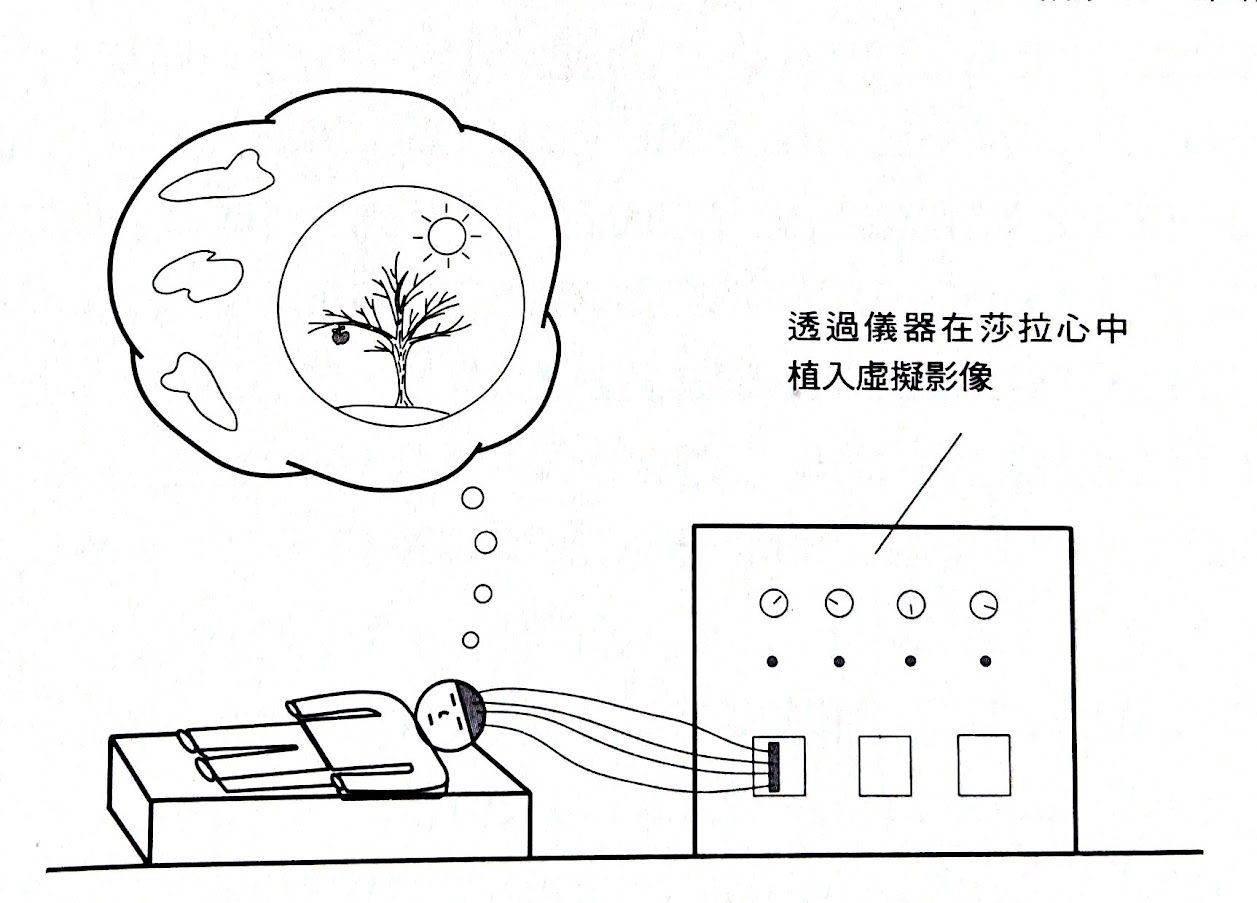
[Empirical Facts and Conceptual Facts]
Let's say you're sitting at a desk with your phone on it. Then you put it in the drawer and close it. Does the phone still exist?
You might think, "Crap, of course!" But you can't see your phone, so how can you be sure it's still there? This cognition is based only on the belief that things in the world persist even if they are not observed . That is to say, your belief in the existence of the phone on the table is based on direct observation; but the belief in the existence of the mobile phone in the drawer is only a perception of the world.
In the book, the facts observed through evidence are called "empirical facts"; the facts recognized based on one's worldview are called "conceptual facts".
Remember the earlier idea of the Aristotelian world view that planets rotate in circular orbits? This is a standard conceptual fact, perfectly embedded in other beliefs, but with no basis in fact. Do you think the ancients are naive? Let me challenge your perception with some examples.
[Some examples of empirical and conceptual facts]
In fact, many of the seemingly bizarre concepts in the past were based on empirical facts, but the concepts we are now accustomed to do not fit so well with ordinary physical observation.
For example, the earth's stillness is actually in line with general perception. We ride bicycles and take high-speed trains, and we can clearly feel the movement, but the earth we are on is turning hundreds or even thousands of miles, can you feel it?
Ptolemy in his "Summaries of Astronomy" argued quite carefully for the idea that the earth is stationary, and an excerpt from the book is of interest to read. Of course, we later learned that this was wrong, but as the author said, these mistakes were not obvious. It took hundreds of years of geniuses in the history of science to establish the system we are familiar with now. Others, such as the earth is the center of the universe, and the earth element will fall are similar situations.
Conversely, some of our current cognitions are empirical facts at first glance, but conceptual facts at heart, such as absolute space and absolute time. Let me explain 2 concepts with 2 questions from the book:
- There is a stick that is 1 meter long. I threw it forward. How long will the stick be in the air?
- There are twins named Tintin and Dangdang. Excuse me, when Ding Ding is 20 years old, how old is Dang Dang?
If your answer is 1 meter and 20 years old, all you believe in is absolute space and time, that motion doesn't affect the space an object occupies, and that the same amount of time passes everywhere. But unfortunately, according to the special theory of relativity, the length of a moving object shrinks, and time passes more slowly. That is to say, absolute space and time are actually conceptual facts, not empirical facts.
From the above discussion, perhaps you will begin to feel that the "truth" you perceive is not so absolute. So then I want to talk about what it means to face reality and what attitude we can use to face it.
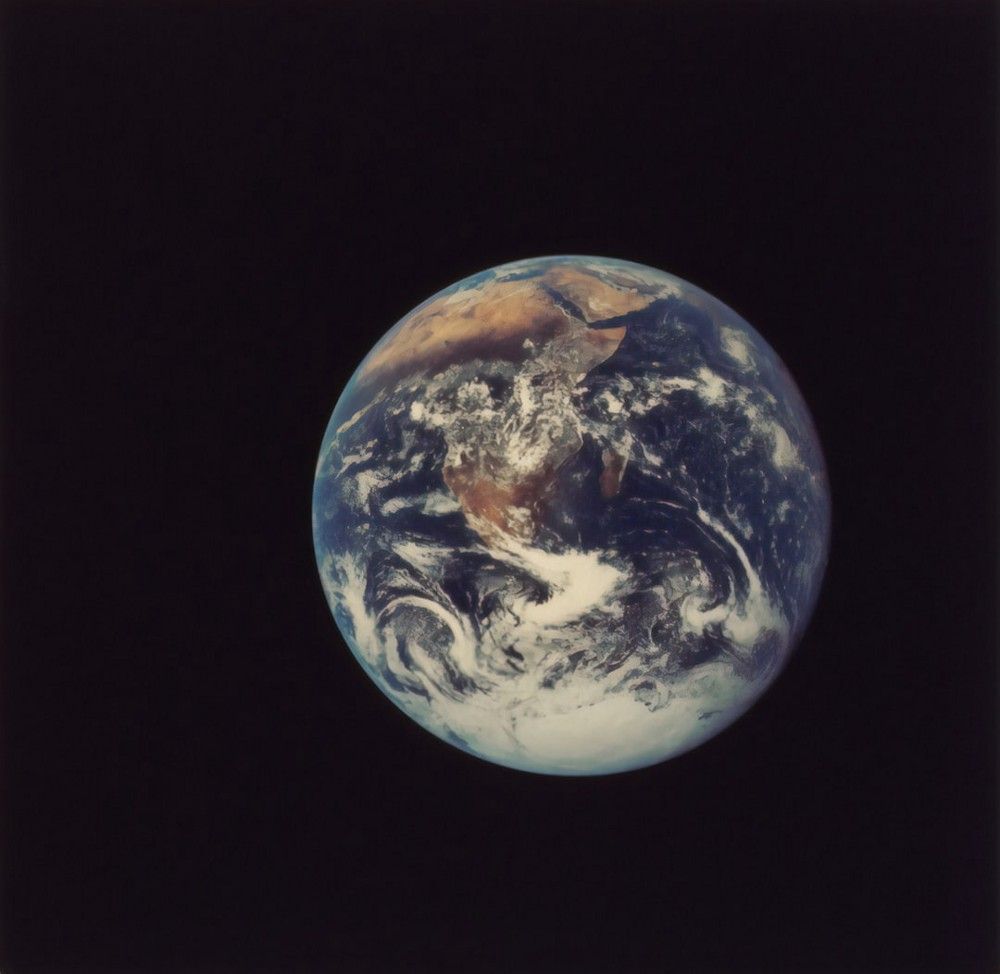
[Facing what is a real possible attitude]
[Instrumentalism and Realism]
If you say "what a scientific theory is going to do", the most immediate thing that comes to mind is to make accurate predictions. For example, Newton's laws predict how long it will take for a ball to fall to the floor; chemical formulas predict the product of a reaction between two substances. And this leads to two attitudes towards theory: instrumentalism and realism.
- instrumentalism
- For a theory to be able to predict and explain phenomena, reality is not an important consideration.
- realism
- A theory not only predicts and explains, but also reflects what things really are.
After reading it, you may still be foggy, so let's explain it directly with an example.
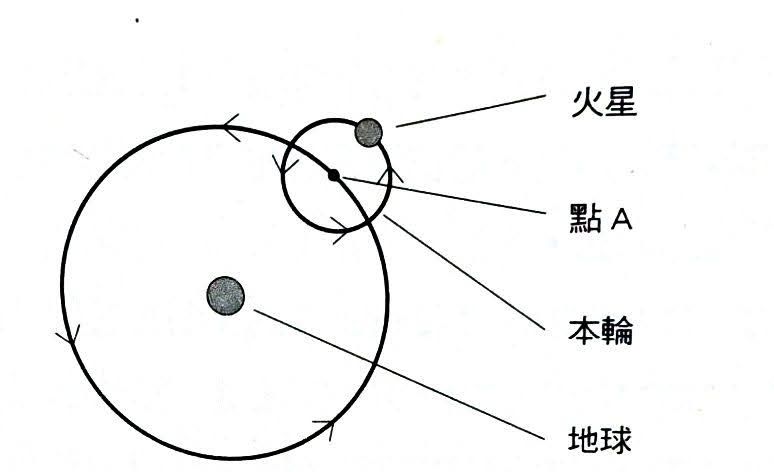
The picture above is a schematic diagram of the movement of Mars in the Ptolemaic system. In the picture, you can see that Mars orbits point A, and A orbits the Earth. Yes, this is a geocentric system, and the circle that Mars orbits is called the epicycle. The retrograde motion of Mars can be predicted very well with this system.
You might wonder what the ancients were thinking, how could Mars turn around like this.
If you were to ask someone in the 2nd century AD, he would have said that he also did not believe that Mars would spin like this, but the system predicts very well, such as where Mars will be in the sky three days later, so the theory is fine. Such an attitude is what is called instrumentalism: a focus on predictive power and less concern for reality.
Do you think instrumentalism is a little irresponsible? So let's take a look at the idea of "gravity" that you think is very real.
Now we all know that Mars and the sun are gravitationally pulled by each other, and Mars will make an elliptical rotation along the sun. This looks a lot better than that weird current round, right?
However, according to general relativity, Mars is actually moving in a straight line, but because of the curvature of space-time created by the sun, it "seems" to be in an elliptical motion around the sun. That is to say, if we believe what Einstein said, we must view Newton's theory of gravity from an instrumentalist point of view.
In fact, when Newton's "Principles" was published, gravity, a magic-like force at a distance, was criticized a lot. Even Newton himself publicly stated that the concept of gravity should be used from an instrumentalist perspective.
The tools and realism scrutiny may make you think about whether what you think is real is so in line with what the world actually looks like. And is a system that can predict, but is not so "correct" really wrong?
Digression, you may have heard that quantum theory is a very "weird" theory. But the empirical facts of quantum theory mentioned in the book are clear, and its mathematical predictions are quite successful. What is really controversial is the "interpretation" of quantum theory.
If we look at quantum theory in terms of instrumentalism, there is nothing wrong with it. But if we use realism to think about what quantum theory represents, strange explanations such as cats in superposition of dead cats and living cats, or dead cats and living cats in different parallel universes, will appear. I won't go into details here. If you are interested, you can read the discussion of quantum theory in the book, which is very exciting.
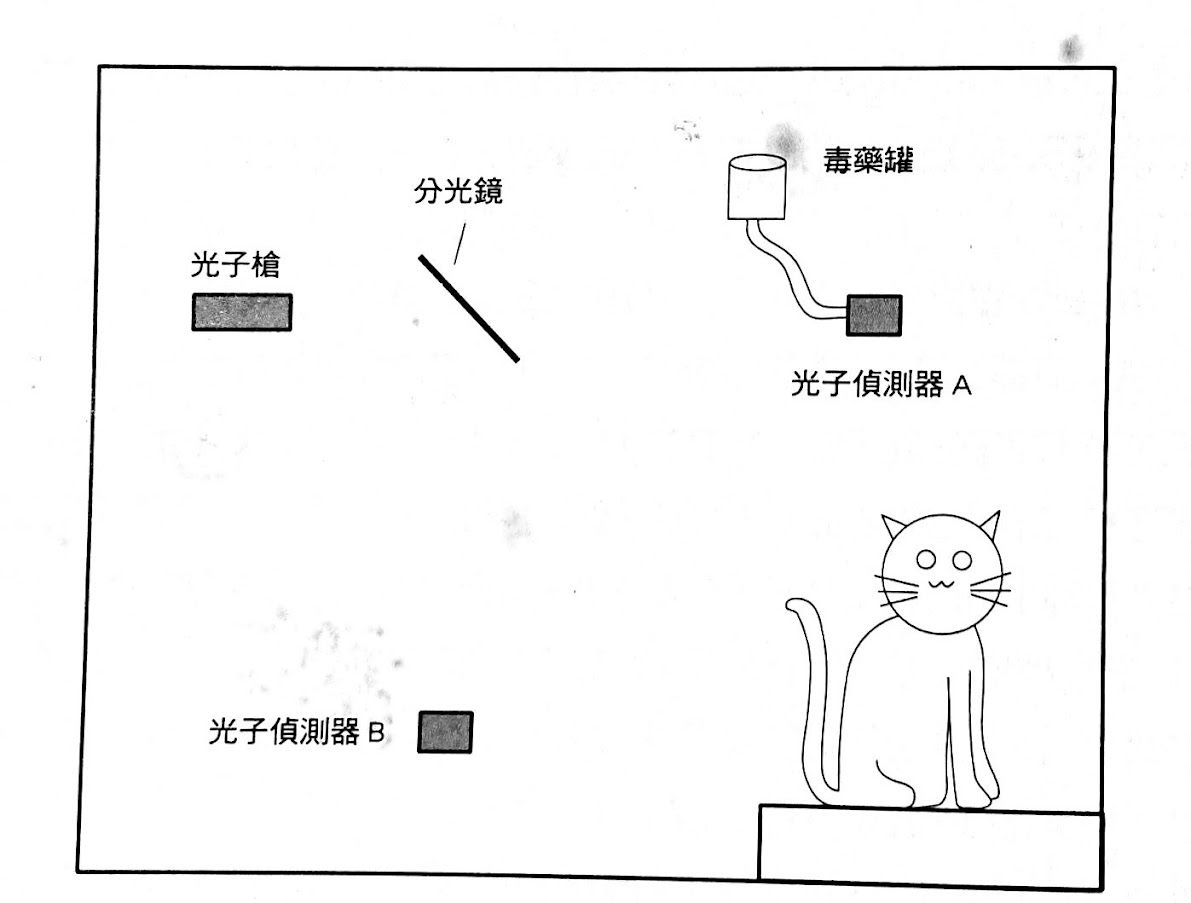
(falsifiability)
After talking so much, we found that knowing the truth of knowing things is not so intuitive and simple. So how do we deal with complex concepts, issues and theories? I think the "falsifiability" mentioned in the book may be a feasible solution.
Holding a falsifiable attitude means that even if you believe a theory, as long as there is enough evidence to prove that it is wrong, you are willing to admit that there is a problem with the original cognition. For example, although Sarah believes that the earth revolves around the sun, she is still willing to accept the possibility that such a perception is wrong. Such an attitude is called falsifiable.
I think this attitude is healthier. Even if the two sides have different views, as long as they hold a falsifiable attitude to each other, and then discuss based on each other's evidence, they will not be reduced to a parallel line of communication trying to argue the other side, but can find a view that is acceptable to each other.

【Summarize】
Summarize the above. We start from the comparison between Aristotle's and Newton's world views; then we discuss that it is not easy to know the truth of things, and the observation and cognition of the ancients are not stupid; then we analyze instrumentalism and realism, and think about the correctness of our own cognition; The last mention of falsifiability may be a viable attitude to discuss what is true.
This book is quite ambitious. It not only explores many concepts in philosophy of science, but also takes readers on a journey through the evolution of worldviews from ancient times to the present. It is not naive to understand the worldview of the past, and even find that many original cognitions that are taken for granted are not so accurate.
The analysis of various scientific theories in the book can be described as wonderful. Due to the lack of space, I highly recommend everyone to read this book. I especially like the last discussion on the theory of evolution, whether it is the dialectics of God's teleology or the thinking of human morality, which has a great influence on me.
[Postscript: Real Possibilities]
Finally, I want to talk about why this book is so important to me and makes me want to re-read it and introduce it.
First of all, I love the concept of a worldview puzzle. Everyone's worldview is made up of various life experiences and beliefs, so it is difficult for you to change it easily. This reminds me of what "My Youth, In Taiwan" said: "When you question a person's political stance, you are questioning his entire life."
And the evolution of the worldview has taught me that there is no "reality" that can be taken for granted. Many concepts that seem inexplicable now were well-founded at the time; and many of our cognitions may also be stupid in the future. This reminds me of What Does the Buddha Really Want to Teach Us? " Instead of believing what you know, know what you believe."
This has greatly changed my attitude towards various issues. In the past, it was easy for me to scoff at ideas that I disagree with, or even those who have them. But now I'm going to reflect on why they think that way. As Tang Feng said, communication must be tilted and willing to be influenced . Even if you insist, you still have to try to communicate with the opposite ideas.
Therefore, this book can be said to have changed my attitude towards knowledge and the way I communicate with different opinions.
I think what this book taught me is that "knowledge" has limits, and what you think is true is not inevitable. Everyone has different views on the world, but only by opening up and communicating, can we stand on the shoulders of our predecessors, find more possibilities, and continue to explore this beautiful world!
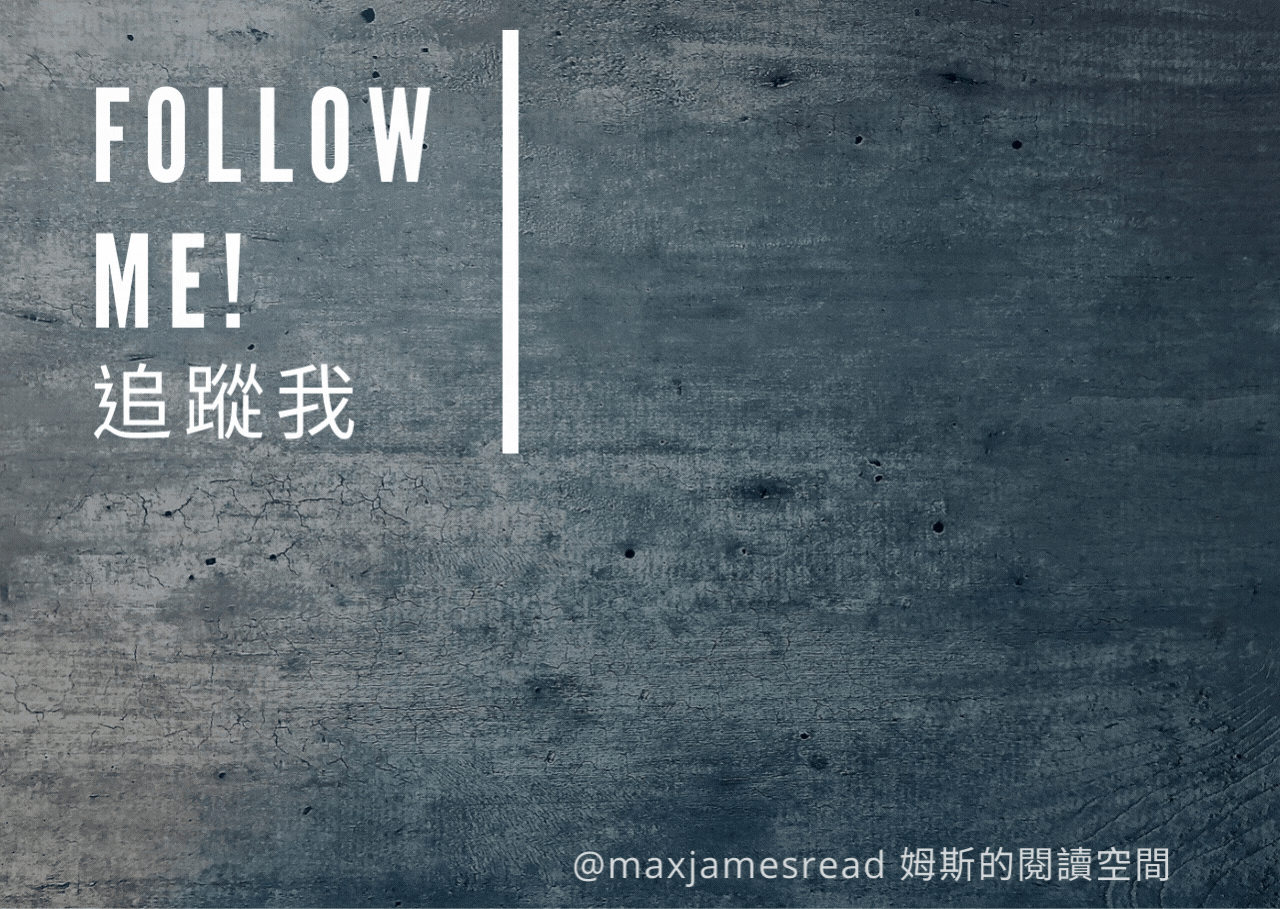
↓↓You are also welcome to follow the Facebook and mourning of "Mrs's Reading Space"↓↓
James' reading space FB
James' reading space IG
Like my work? Don't forget to support and clap, let me know that you are with me on the road of creation. Keep this enthusiasm together!


- Author
- More